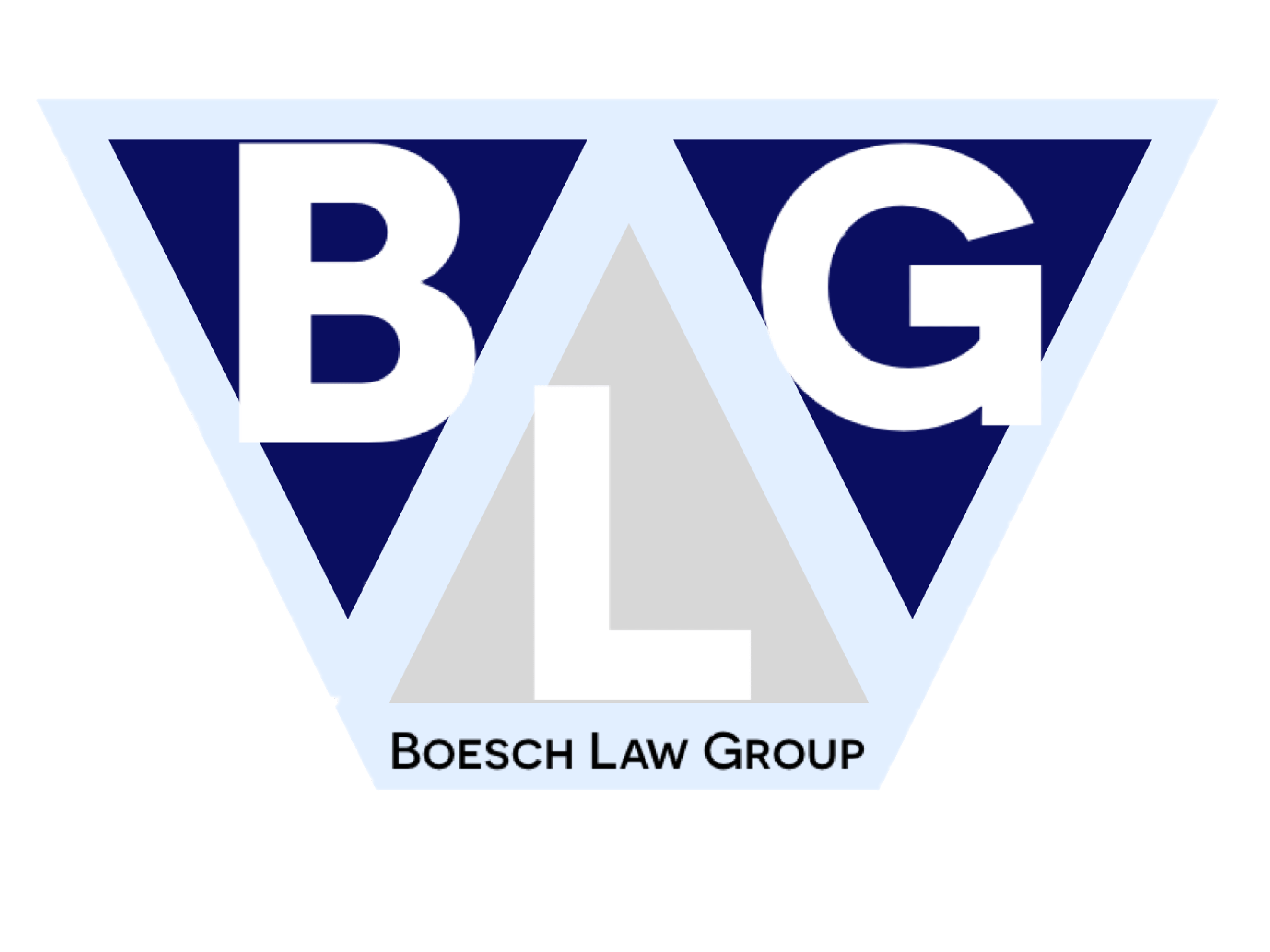At Boesch Law Group, we follow closely all developments in the law related to personal injury cases. As the law changes, we adapt in order to get our clients the best results possible. Here are some personal injury cases that have been decided recently by appellate courts in California:
1. Audish v. Macias (2024), 102 Cal.App.5th 740
Future Medicare Eligibility Admissible in Damage Calculations
In Audish v. Macias, the California Court of Appeal decided that evidence of a plaintiff’s future Medicare eligibility could be considered by the jury when calculating damages for future medical expenses. The court upheld the trial court’s decision to allow the defendant to offer such evidence to reduce the recovery by the injured plaintiff, reasoning that it was relevant to determining the reasonable value of future medical care and that such evidence did not violate the collateral source rule. This ruling unfortunately aligns with prior precedents, reinforcing the admissibility of future Medicare eligibility in assessing damages. This case and others like it have to be understood and dealt with whenever the possibility of future Medicare eligibility may be at issue.
2. Ng v. Superior Court, (2025), 108 Cal. App.5th 382
Dual MICRA Caps Permitted in Medical Malpractice Cases
In California, the Medical Injury Compensation Reform Act (MICRA) puts a cap on noneconomic damages ($430,000 for cases not involving death and $600,000 for cases involving wrongful death in 2025). In Ng v. Superior Court, the Court of Appeals ruled that plaintiffs could seek separate MICRA caps for wrongful death and survival actions arising from the same incident. This decision correctly acknowledges recent legislative amendments and allows for broader recovery in medical malpractice cases involving both types of claims and allows two separate cap recoveries in appropriate cases.
3. Garner v. BNSF Railway Company (2024), 98 Cal.App.5th 660
Reinstating Expert Testimony in Toxic Exposure Case
In Garner v. BNSF Railway Company, the Court of Appeal reversed the trial court’s decision to exclude Plaintiff’s experts’ causation testimony in a wrongful death case involving alleged toxic exposure. In reversing the trial court, the court of appeals held that the experts provided reasonable scientific explanations supported by objective evidence. This ruling emphasizes that trial courts should admit expert testimony where it is not speculative or irrelevant, even where a definitive scientific consensus is lacking.
3. Gonzalez v. Interstate Cleaning Corporation (2024), 106 Cal.App.5th 1026
No Constructive Notice in Slip-and-Fall Case Where Regular Inspections Occur
In Gonzalez v. Interstate Cleaning Corporation, the plaintiff slipped on oranges on the floor in a shopping center and sued for the store owners and the janitorial company hired to provide maintenance services. The trial court found that the the area where plaintiff had fallen had been inspected just eight or nine minutes before the fall. Under such circumstances, the court found that the defendants lacked constructive knowledge of the spilled oranges and therefore had no liability for plaintiff’s injuries. The Court of Appeal affirmed summary judgment for the defendants, finding that they had implemented reasonable inspection and maintenance programs. This case shows the importance of proactive safety measures in premises liability cases.
If you or a loved one have been injured by someone else’s careless act, please call Boesch Law Group at (310)578-7880 and ask for one of our top Los Angeles personal injury lawyers.

